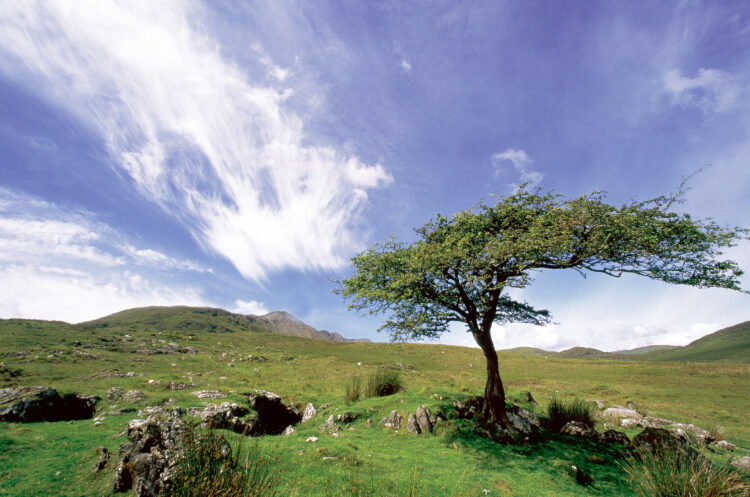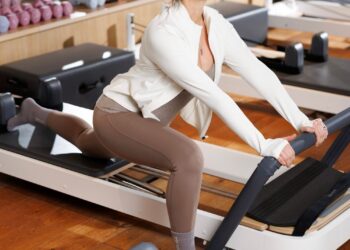The great outdoors is our only escape right now from the stress and anxiety of current times. But be conscious of the need to protect yourself and others

This weekend will no doubt feel strange, when the only option to leave the house is to get outdoors for some much needed fresh air.
But before you bundle up your kids to go to the park or out to the countryside, make a plan and be conscious of the necessary steps needed to keep yourself and others safe during the Covid-19 crisis.
In response to the disappointing updates on social media of overcrowding at popular beauty spots, Leave No Trace Ireland has issued guidelines we all should adhere to.
Not only are we putting others at risk by not practising effective social distancing, there is also evidence of disturbance to wildlife and vegetation and littering occurring as bored people gather in outdoor spaces.
We need the outdoors as an escape now more than ever, and it is our responsibility to protect nature, our wildlife and our local spaces so that there is somewhere beautiful for us all to enjoy.
1. Be considerate
Social distancing involves staying two metres away from others. Be aware of how far apart that actually is and respect other’s space. Teach your children the current rules and ensure they obey them too, no matter how much they want to play.
Practice good hygiene, cough into your elbow and bring hand sanitiser if possible. Don’t take any risks either — now is not the time to try out a challenging route. If you were to have an accident, you would be putting pressure on rescue services which are needed elsewhere right now.
2. Plan ahead
Check the weather, bring proper clothing and footwear, water and food. Park and walk responsibly — don’t block gates or entrances, or make access difficult for others.
3. Stay home or go local
If you’re feeling unwell, stay home. No excuses. If you and your family are well, look for local trails, hidden gems or explore paths and parks closer to home rather than travelling to popular destinations. Explore a local hidden gem and just take in nature as you find it. It can be tempting to only go for walks in well-known, distinctive locations but there is nature to bask in wherever you are.
4. Expect closures
Before leaving home, consider the lack of usual facilities such as toilets, shops, cafes, restaurants. Do your research before you leave home, and be prepared for the situation to change.
5. Time and place
Avoid peak times and avoid complicated routes or extensive journeys. Keep it simple and local. Now is not the time for a road trip. If you arrive somewhere and see it is too crowded to practise social distancing, change your plans. Don’t further contribute to the problem.
6. Leave no trace
Don’t rely on or add to already overburdened services. Staff may be off work and facilities may not be operating as normal, so don’t assume someone else will clean up for you. Bring your own rubbish home. Do your part to ensure these spaces stay beautiful. Litter can harm wildlife. It is also important to stick to trails — stepping off a path can lead to widening that will damage vegetation.
7. Be dog responsible
Keep dogs under control. Be mindful of young wildlife and other pets — dogs can startle other animals which could cause a lot of problems, particularly in spring when mother animals are trying to look after their young. It should go without saying too, but pick up and bring home dog waste!








